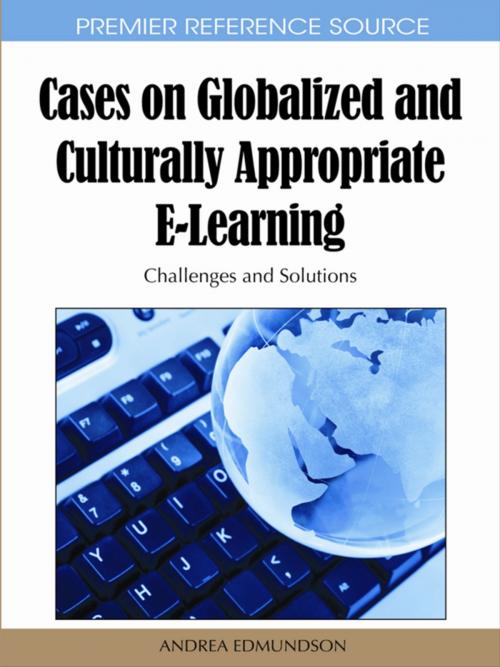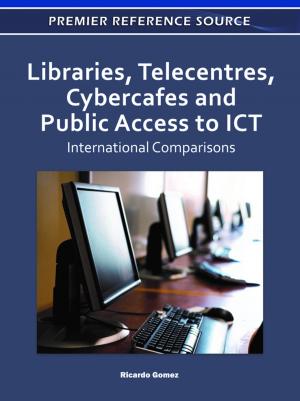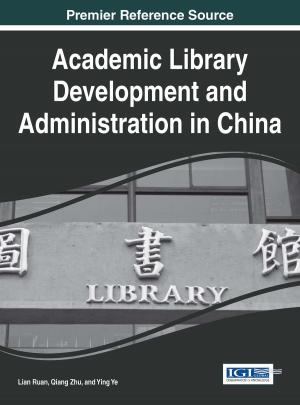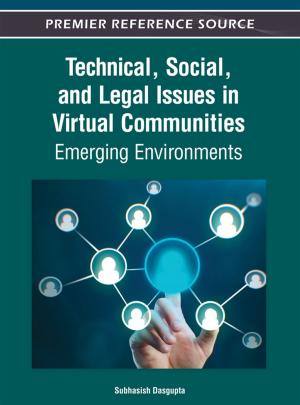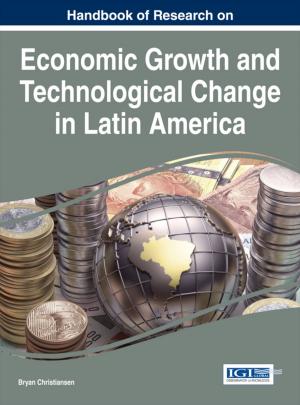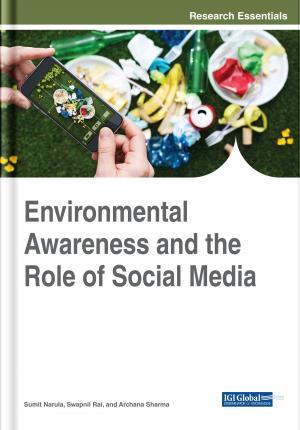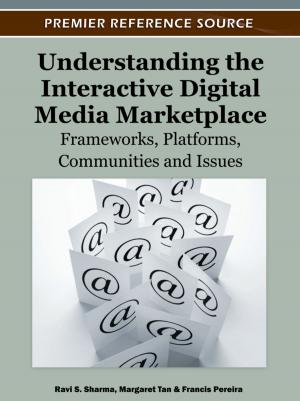Cases on Globalized and Culturally Appropriate E-Learning
Challenges and Solutions
Nonfiction, Reference & Language, Education & Teaching, Special Education, Experimental Methods, Teaching, Computers & Technology| Author: | ISBN: | 9781466607200 | |
| Publisher: | IGI Global | Publication: | March 31, 2011 |
| Imprint: | Information Science Reference | Language: | English |
| Author: | |
| ISBN: | 9781466607200 |
| Publisher: | IGI Global |
| Publication: | March 31, 2011 |
| Imprint: | Information Science Reference |
| Language: | English |
E-learning is a cultural artifact and thus, is embedded with the cultural preferences, learning styles, and values of the designing culture, usually western. Yet, the largest and fastest growing groups of learners are in eastern cultures. Cultural differences should not create barriers to learning, understanding, skill development, or the time and effort it takes to acquire them. Cases on Globalized and Culturally Appropriate E-Learning: Challenges and Solutions offers a multitude of cases illustrating the different challenges faced when offering e-learning to learners of other cultures and, most importantly, how they were resolved. This cutting-edge publication shares contemporary knowledge on how to adapt or develop e-learning that promotes equitable learning outcomes for targeted learners by addressing interdependent disciplines. It is a must-have reference source for organizations with an outsourced workforce, global trainers, educators, and faculty, instructional designers and e-learning developers, translation and localization experts, international development agencies, open courseware advocates, and promoters of reusable learning objects.
E-learning is a cultural artifact and thus, is embedded with the cultural preferences, learning styles, and values of the designing culture, usually western. Yet, the largest and fastest growing groups of learners are in eastern cultures. Cultural differences should not create barriers to learning, understanding, skill development, or the time and effort it takes to acquire them. Cases on Globalized and Culturally Appropriate E-Learning: Challenges and Solutions offers a multitude of cases illustrating the different challenges faced when offering e-learning to learners of other cultures and, most importantly, how they were resolved. This cutting-edge publication shares contemporary knowledge on how to adapt or develop e-learning that promotes equitable learning outcomes for targeted learners by addressing interdependent disciplines. It is a must-have reference source for organizations with an outsourced workforce, global trainers, educators, and faculty, instructional designers and e-learning developers, translation and localization experts, international development agencies, open courseware advocates, and promoters of reusable learning objects.
